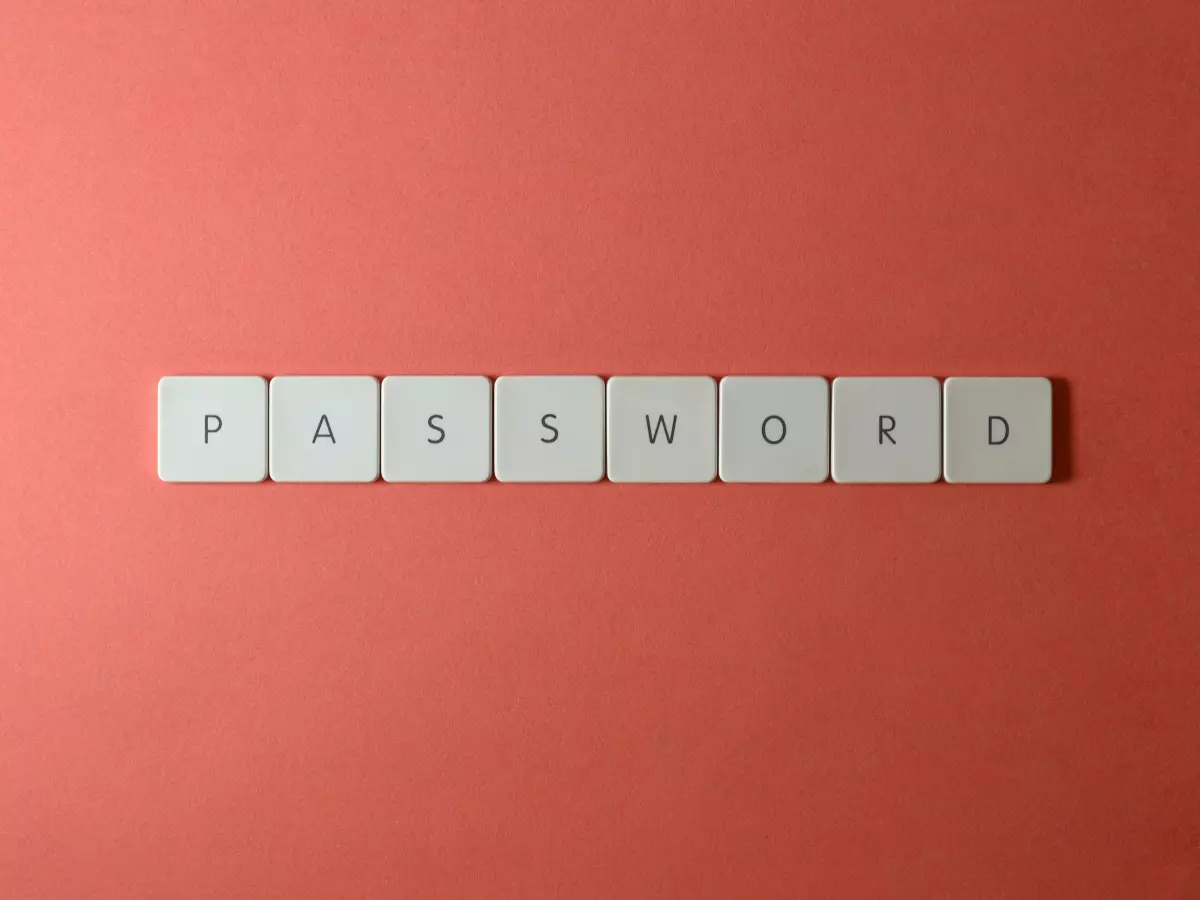Blockchain Nodes
Ever wonder what’s really keeping your crypto safe? It’s not just the blockchain itself—it’s the nodes. But what exactly are they, and why do they matter?

By Elena Petrova
When you think about blockchain, you probably picture a secure, decentralized system that keeps your cryptocurrency safe from hackers. But have you ever stopped to think about what’s actually making that possible? Spoiler alert: it’s not just the blockchain as a whole. It’s the nodes—the unsung heroes of the crypto world.
So, what are blockchain nodes, and why are they so crucial to the security of your digital assets? Let’s break it down.
What Are Blockchain Nodes?
In the simplest terms, a blockchain node is any device that participates in a blockchain network. Think of it as a checkpoint or a gatekeeper. Every time a transaction is made, it’s the nodes that validate and record it. They’re the ones that ensure the integrity of the blockchain by constantly communicating with each other to verify transactions.
Nodes can be full nodes, which store the entire blockchain history, or lightweight nodes, which only store the most recent transactions. But regardless of their type, they all play a crucial role in keeping the blockchain secure.
How Do Nodes Secure the Blockchain?
Now, here’s where things get interesting. Nodes don’t just sit around passively storing data. They actively participate in securing the blockchain in a few key ways:
- Validation: Every time a new transaction is made, it’s broadcast to the network of nodes. These nodes then work together to validate the transaction, ensuring that it’s legitimate and that the sender has enough funds to complete it.
- Consensus: Once a transaction is validated, the nodes must reach a consensus on whether to add it to the blockchain. This is where consensus mechanisms like Proof of Work (PoW) or Proof of Stake (PoS) come into play. Without consensus, the blockchain wouldn’t be able to function securely.
- Immutability: After a transaction is added to the blockchain, it becomes part of the immutable ledger. Nodes ensure that this ledger remains tamper-proof by constantly cross-referencing each other’s data. If a hacker tries to alter a transaction, the nodes will detect the discrepancy and reject the change.
Why Are Nodes So Important for Security?
Imagine a world where only a handful of nodes exist. It would be much easier for a hacker to take control of the network and manipulate transactions. This is why decentralization is so important in blockchain technology. The more nodes there are, the harder it becomes for any single entity to compromise the network.
In fact, this is one of the key reasons why Bitcoin and other cryptocurrencies are so secure. With thousands of nodes spread across the globe, it’s virtually impossible for a hacker to gain control of the majority of them. This is known as a 51% attack, and it’s one of the biggest threats to blockchain security. But with a sufficiently decentralized network, the chances of such an attack succeeding are slim to none.
Types of Blockchain Nodes
Not all nodes are created equal. There are several different types of nodes, each with its own role in the blockchain ecosystem:
- Full Nodes: These are the backbone of the blockchain. They store the entire history of the blockchain and are responsible for validating transactions and blocks.
- Light Nodes: Also known as SPV (Simplified Payment Verification) nodes, these don’t store the entire blockchain but instead rely on full nodes to verify transactions.
- Mining Nodes: These are specialized nodes that participate in the process of mining new blocks. In Proof of Work blockchains like Bitcoin, mining nodes solve complex mathematical problems to add new blocks to the chain.
- Masternodes: Found in certain cryptocurrencies like Dash, masternodes perform additional functions like facilitating instant transactions or voting on governance proposals.
Security Considerations for Nodes
While nodes are essential for blockchain security, they’re not immune to risks. One of the biggest threats is a Sybil attack, where a malicious actor creates multiple fake nodes to overwhelm the network. However, most blockchains have built-in protections against this, such as requiring nodes to stake a certain amount of cryptocurrency (in PoS systems) or perform computational work (in PoW systems).
Another concern is the physical security of the nodes themselves. If a hacker gains control of a node, they could potentially disrupt the network or steal sensitive information. This is why it’s crucial for node operators to implement strong security measures, such as encryption and multi-factor authentication.
The Future of Blockchain Nodes
As blockchain technology continues to evolve, so too will the role of nodes. We’re already seeing the rise of new consensus mechanisms like Proof of Space and Time (used by Chia) and Proof of History (used by Solana), which could change the way nodes operate.
In the future, we may also see more specialized nodes that perform specific functions, such as privacy-enhancing nodes or nodes that facilitate cross-chain transactions. Whatever the case, one thing is clear: nodes will continue to be the unsung heroes of blockchain security, quietly working behind the scenes to keep your crypto safe.
So, the next time you make a cryptocurrency transaction, take a moment to appreciate the nodes. Without them, the entire system would fall apart.





